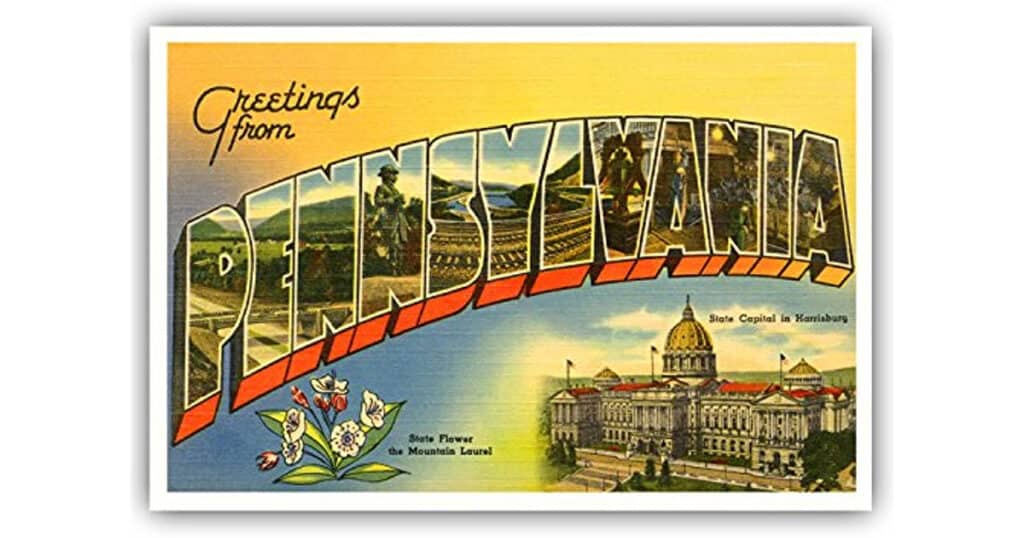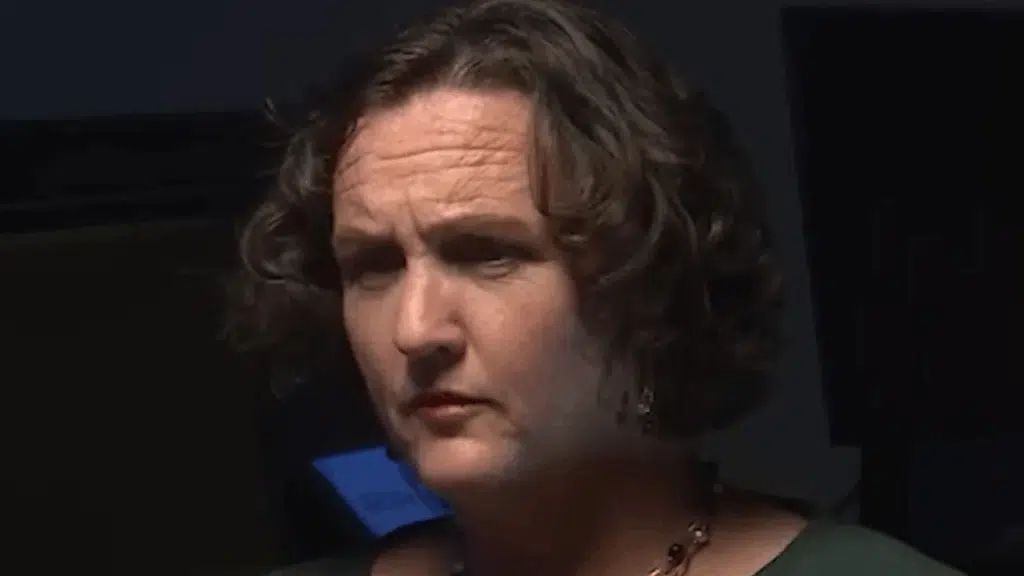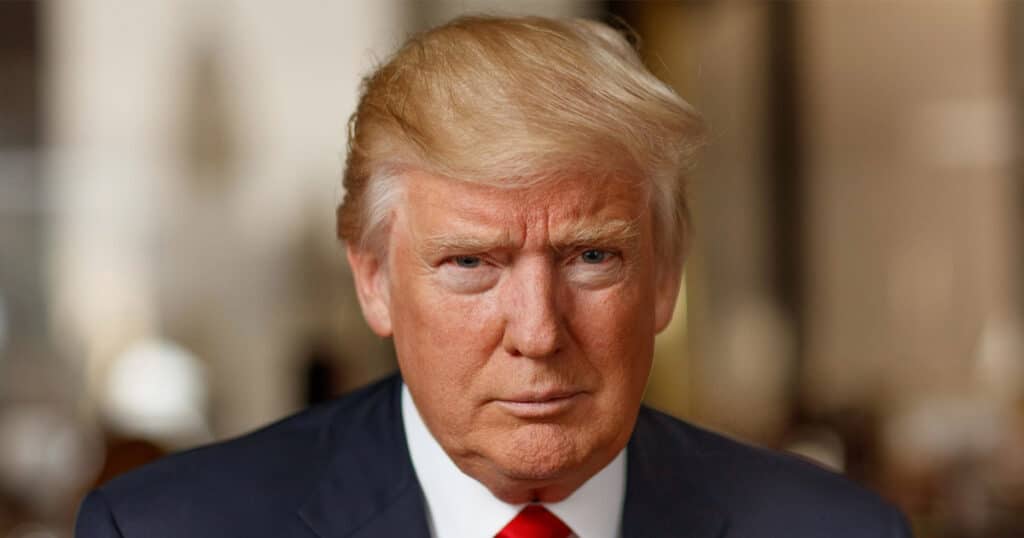
Bipartisan Support for Education Reforms
In Pennsylvania, divides over public education remain constant. The debates range from school funding disputes to curriculum fights, from arguments over critical race theory and gender identity policies to disagreements over teacher contracts and sports. Public education is commanding the attention of the state legislature, school boards, and courts.
One thing, however, is clear: parents want educational options for their children.
In a recent Common Ground poll commissioned by the Commonwealth Foundation, two-thirds of registered voters in Pennsylvania grade the quality of the state’s K–12 school system as a “C” or worse.
And while 75% of students attend district schools, only about one in five voters would select a district school for their child if money was no concern. More than 50% of voters would choose some form of private school – with charter schools and homeschool options also favored above their actual enrollment percentages.
These findings aren’t unusual. The latest Franklin and Marshall poll finds most Pennsylvania voters give their local public school a grade of C or worse, and 47% say the quality of education is declining. In Philadelphia, a poll from Elevate 215 found that 54% rate public district schools as “poor” or “very poor.”
Meanwhile, thousands of students across Pennsylvania are on waiting lists for educational options. For the most recent year with available data, scholarship organizations awarded 62,507 K-12 scholarships through Pennsylvania’s successful tax-credit scholarship programs – but they had to turn away 76,031 applications due to program limits.
Likewise, only 29% of students who applied for charter schools through Apply Philly Charter received a seat – awarded by random lottery – in one of 72 Philadelphia-area charter schools. The remaining 18,000 students were wait-listed.
This needs to change. Thankfully, bipartisan support exists for solutions that would allow parents to pick the best educational environment for their children.
In the Common Ground poll, 77% of Pennsylvania voters supported expanding tax-credit scholarship programs – the Educational Improvement Tax Credit and Opportunity Scholarship Tax Credit. This support includes 81% of Democrats and 71% of Republicans.
Similarly, 67% of Pennsylvanians support the Lifeline Scholarship Program for students enrolled in the worst-performing schools. Similar to programs enacted in eleven other states, Lifeline Scholarships would fund accounts that parents can use for their child’s educational expenses, including tuition, tutoring, online education programs, and therapies for students with special needs. Lifeline Scholarships enjoy bipartisan support; they were even endorsed by Gov. Josh Shapiro during his campaign.
Pennsylvania could also mandate inter-district choice, allowing students to attend any public district school regardless of their neighborhood or zip code. Currently, districts must choose to participate in inter-district choice and charge tuition to children attending from outside district lines. But more than three-quarters of voters agree that Pennsylvania’s school district lines disproportionately hurt underprivileged students.
Other bipartisan education reforms would improve access and accountability within public education.
As 24 states have already done, Pennsylvania should create alternative authorizers for public charter schools. At present, new schools must seek permission from the local school board, which often views charter schools as rivals. In Philadelphia, the district has rejected every charter application since 2018. An independent authorizer would allow for more objectivity in the approval process and enable new schools to open.
Pennsylvania should also follow the lead of 16 states that produce a “report card” for every school, typically using an easy-to-follow A to F grading system. While our commonwealth provides a Future Ready PA Index, the site is difficult to navigate and extract information from, and its metrics are watered down. A simple “report card” would allow parents to know how their schools perform.
Nationwide, states are expanding educational choice. This year alone, Iowa, Utah, Arkansas, and Florida have passed universal school-choice programs, joining Arizona and West Virginia as the states with the most expansive programs in the nation.
Pennsylvania was once a leader in educational choice, but the state now needs to play catch-up.
As lawmakers and Gov. Shapiro return to the state capitol in the coming weeks, they should work to deliver the kinds of educational options parents from across the state are rightfully demanding for their kids.
This article was originally published by RealClearPennsylvania and made available via RealClearWire.


